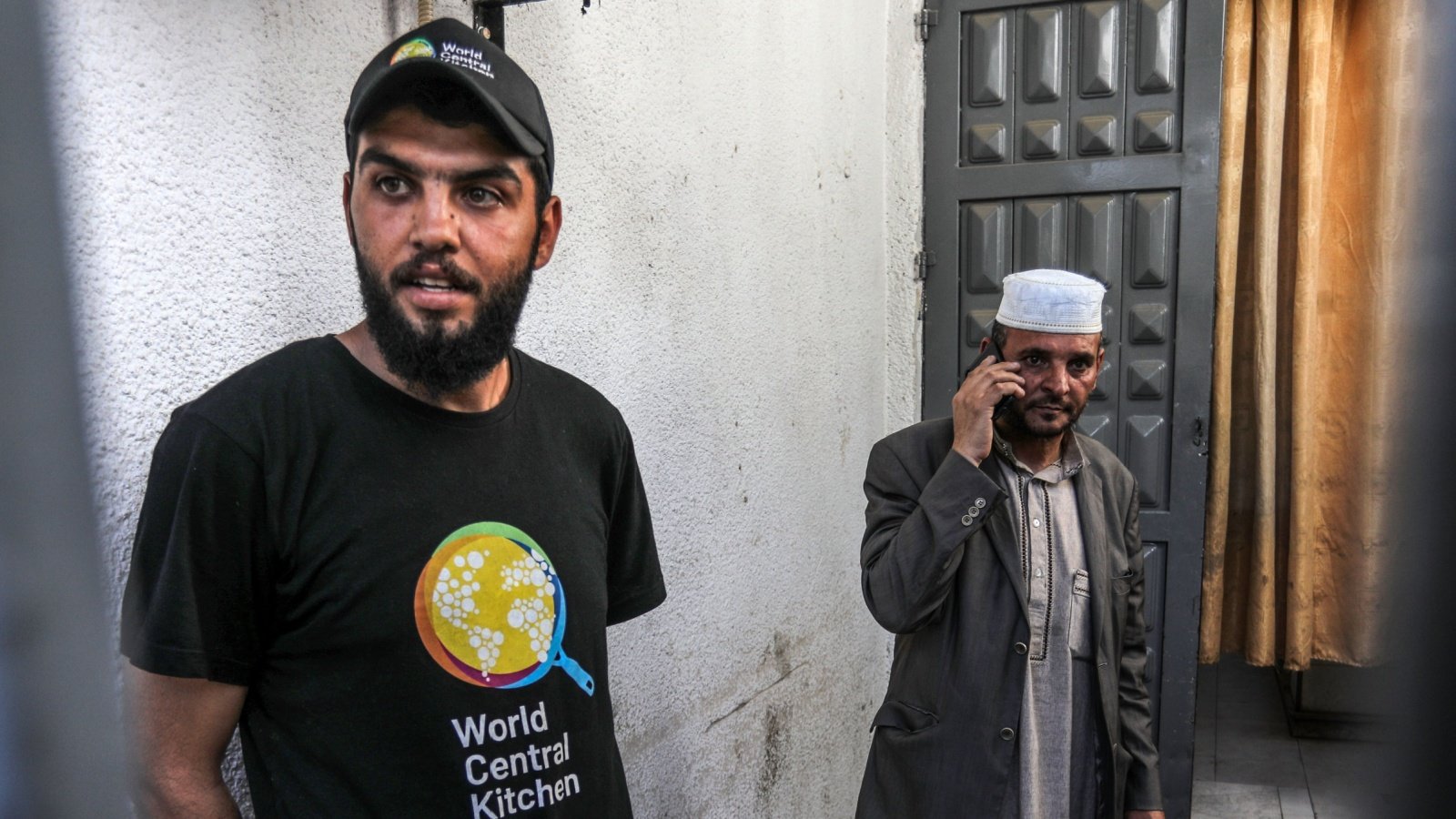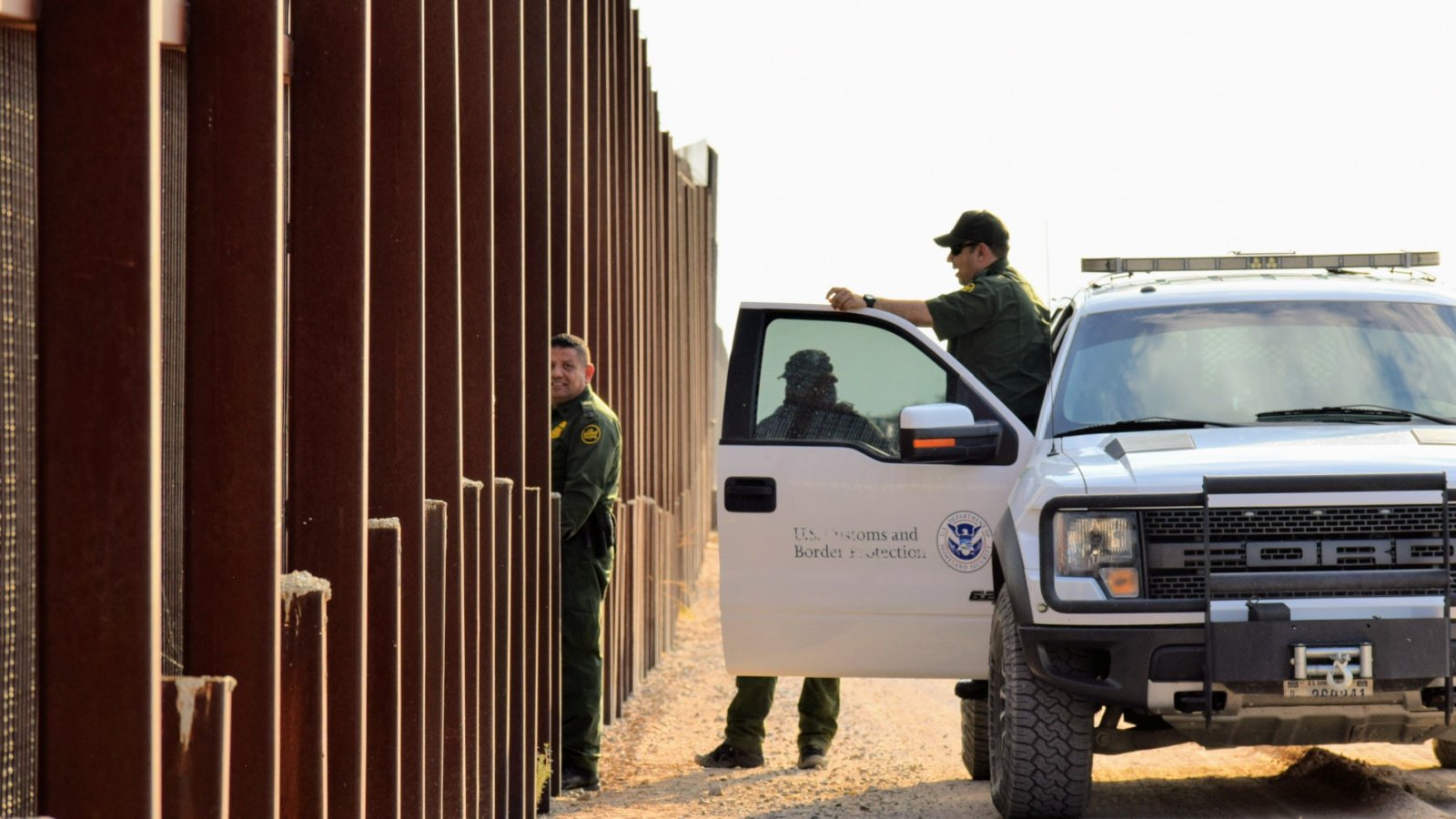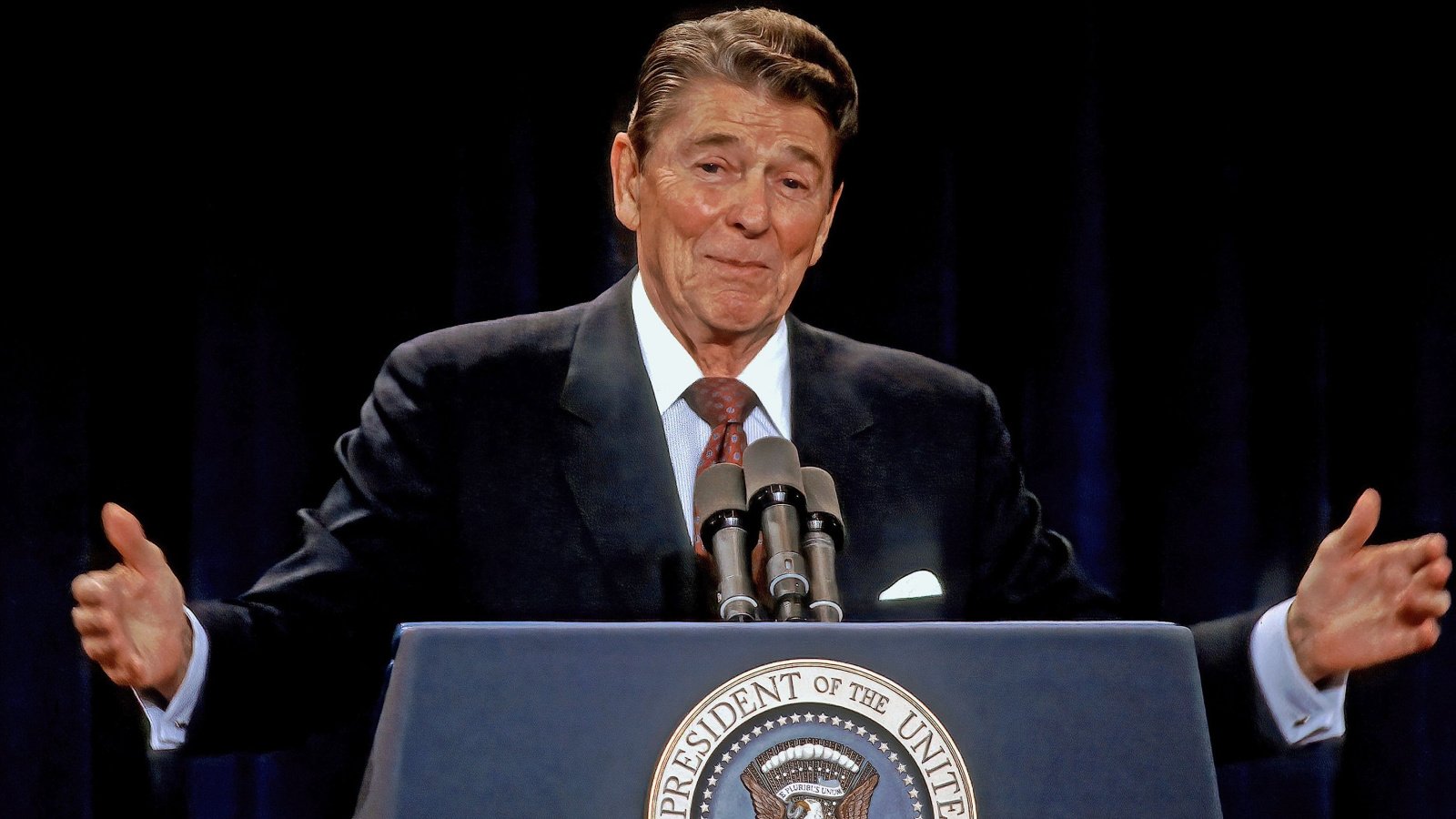The recent escalation in Gaza has not only deepened the humanitarian crisis but also strained international relations. Calls for accountability rise as civilian and aid worker casualties mount. The world watches, awaiting responses from global powers and Israel itself.
Allies Outraged
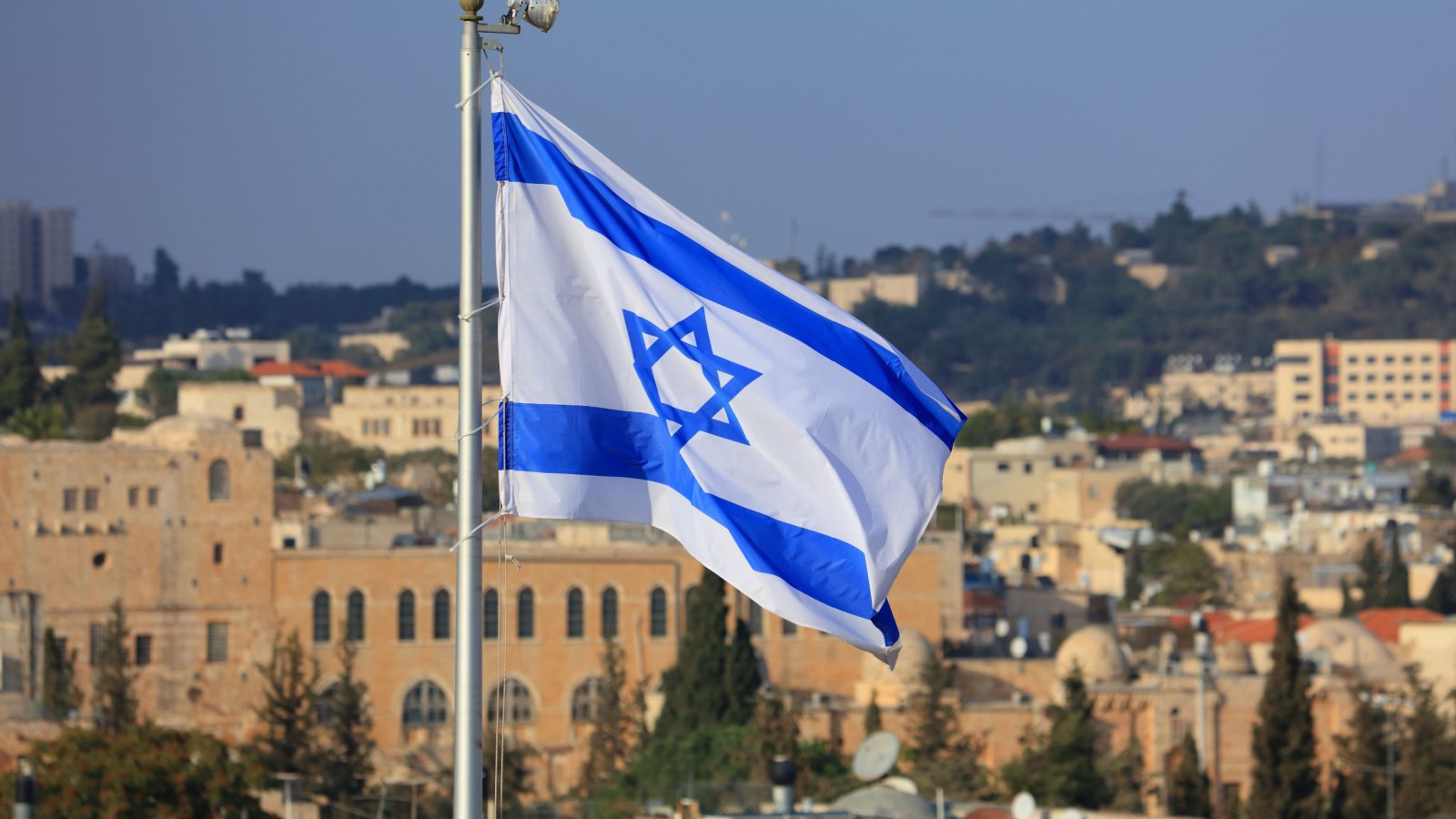
In a turn of events that shocked the world, staunch supporters of Israel, including the United States, voiced their disapproval following the tragic demise of seven humanitarian workers due to airstrikes in Gaza. This grim occurrence led several aid organizations to halt food distributions to Palestinians facing severe hunger.
Aid Efforts Hindered
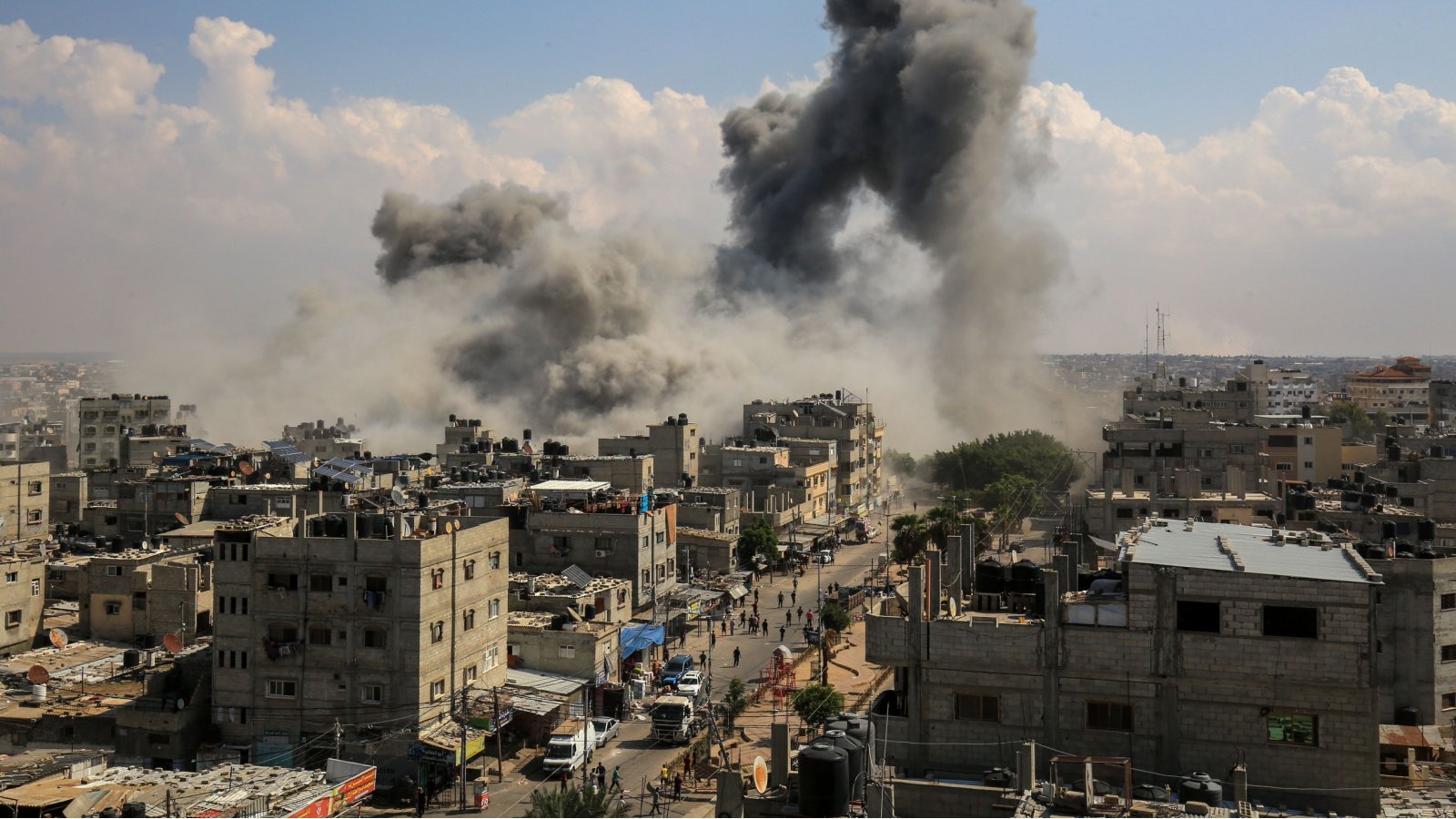
The loss of life among the World Central Kitchen team has cast a shadow over international attempts to establish a maritime aid route from Cyprus. The initiative aimed at alleviating the dire situation in Gaza’s north now faces significant challenges.
Sharp Rebuke from Biden
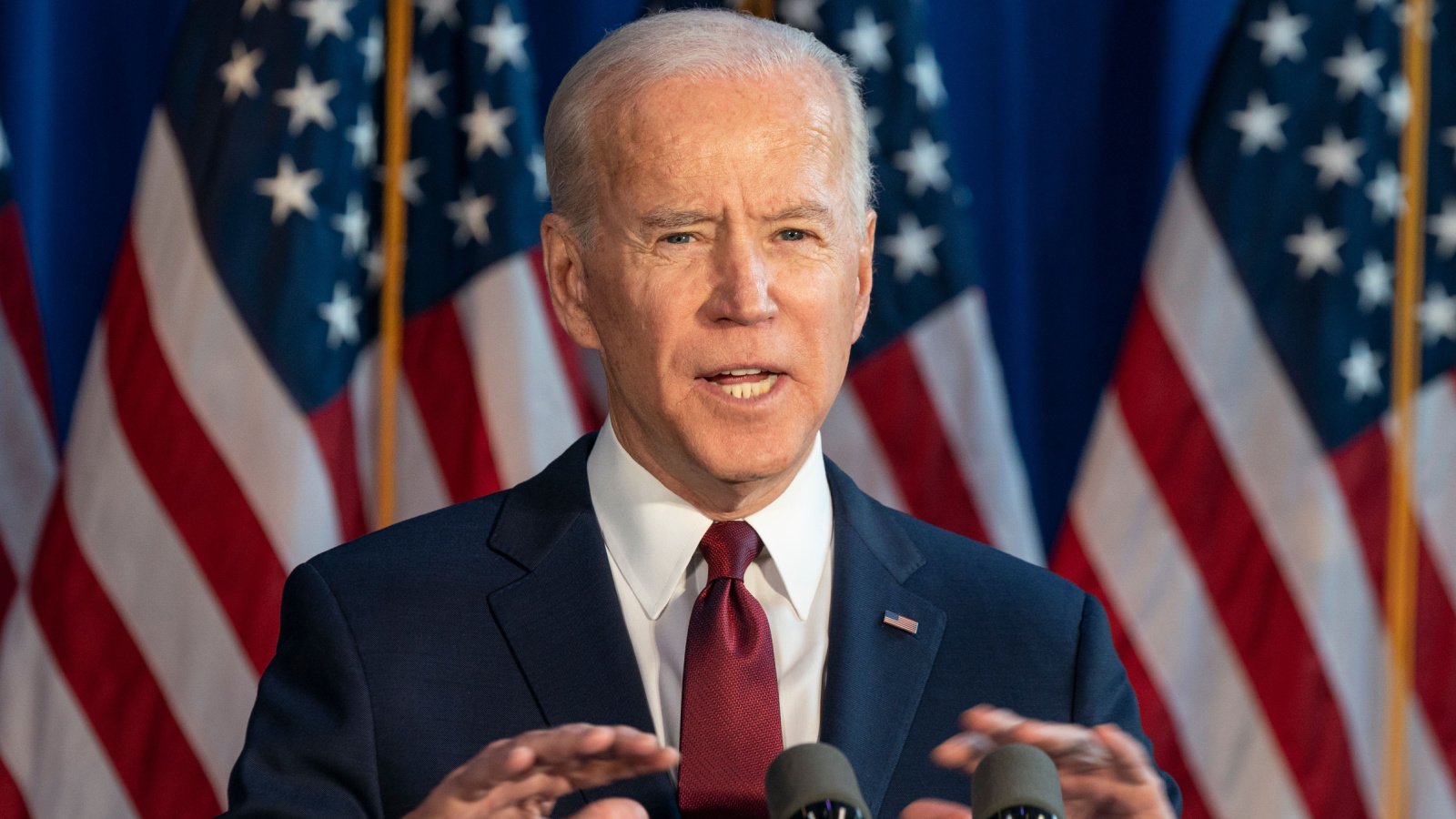
President Joe Biden didn’t mince words in his critique of Israel, stressing that the country must do more to safeguard those delivering critical aid to civilians. His remarks underscored both outrage and sorrow over the incident, marking a poignant moment of criticism from a key ally.
Call for Deconfliction

The President’s firm stance highlighted a persistent plea for Israel to better coordinate its military actions with humanitarian efforts. By doing so, the aim is to prevent tragedies that should never occur, safeguarding civilian lives amidst conflict.
Aid Paralyzed
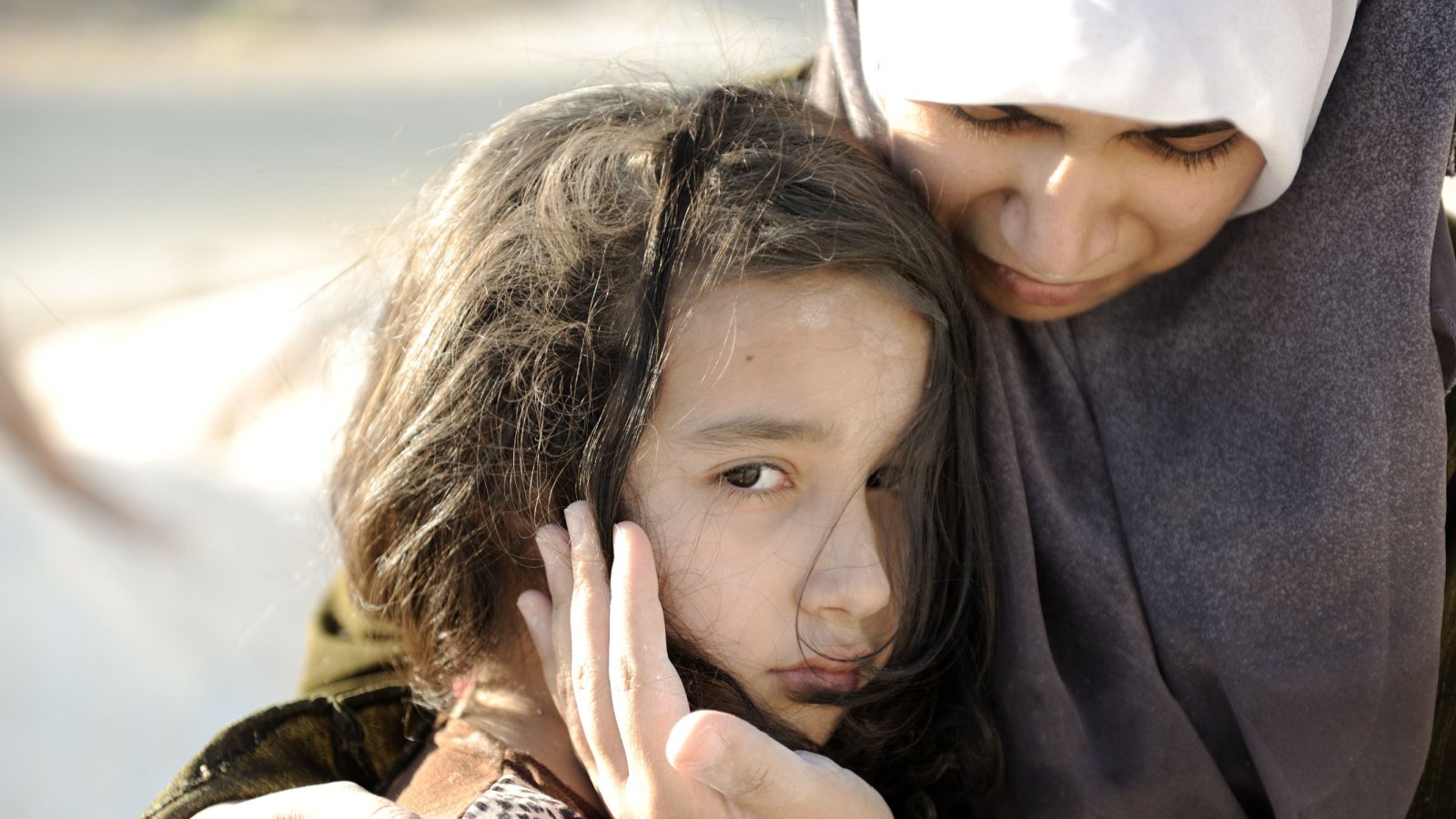
Following the tragic event, aid ships loaded with essential supplies made the difficult decision to retreat from Gaza. With the area on the brink of famine, the cessation of aid operations signals a dire humanitarian crisis, compounded by restricted access to food and essentials.
International Backlash
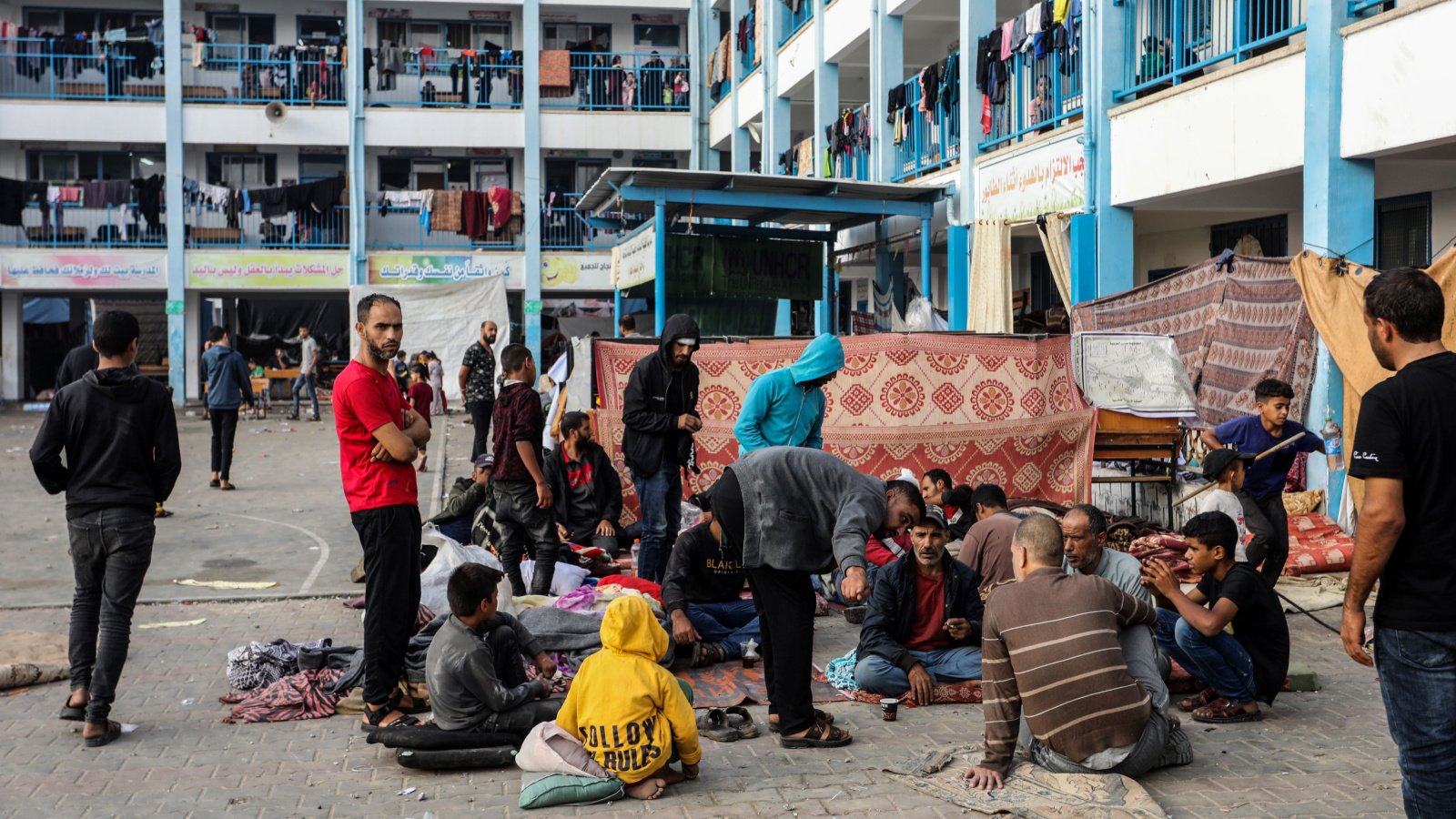
The airstrikes not only claimed lives from nations that have historically supported Israel but also intensified global scrutiny over Israel’s conduct in Gaza. The incident has prompted a wave of international condemnation, spotlighting the complex dynamics of geopolitical support and criticism.
Growing Isolation
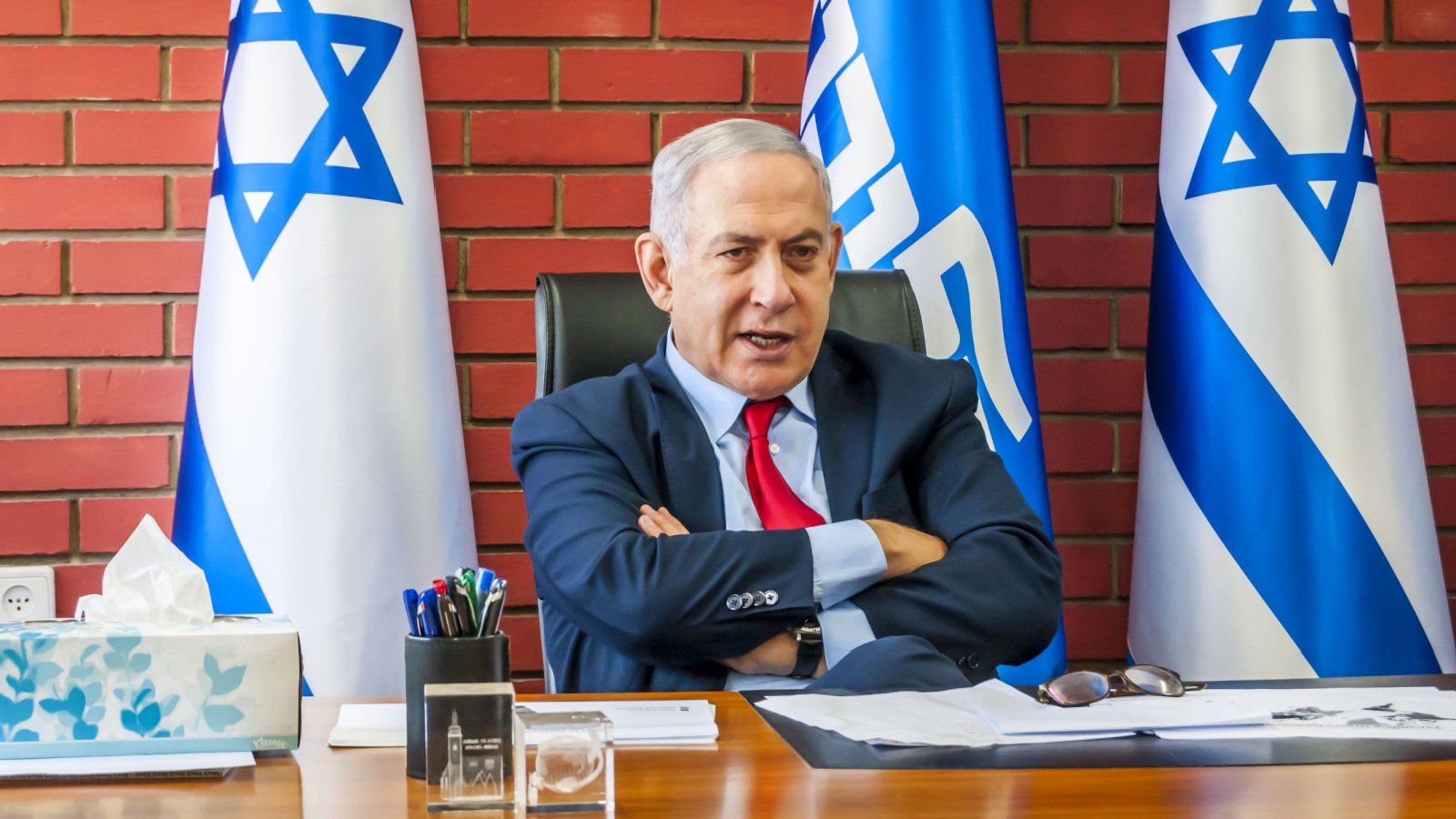
Israel finds itself increasingly isolated as the global community expresses its disquiet over the Gaza operation. The same day witnessed further escalations, including a strike on Iran’s consulate in Damascus, contributing to a tense geopolitical climate.
Criticism of Military Tactics

The attack on a humanitarian convoy has brought to light concerns over what many see as indiscriminate bombing practices by Israel. Critics argue that such actions disregard the safety of civilians in the conflict-stricken region of Gaza.
Military Chief’s Response
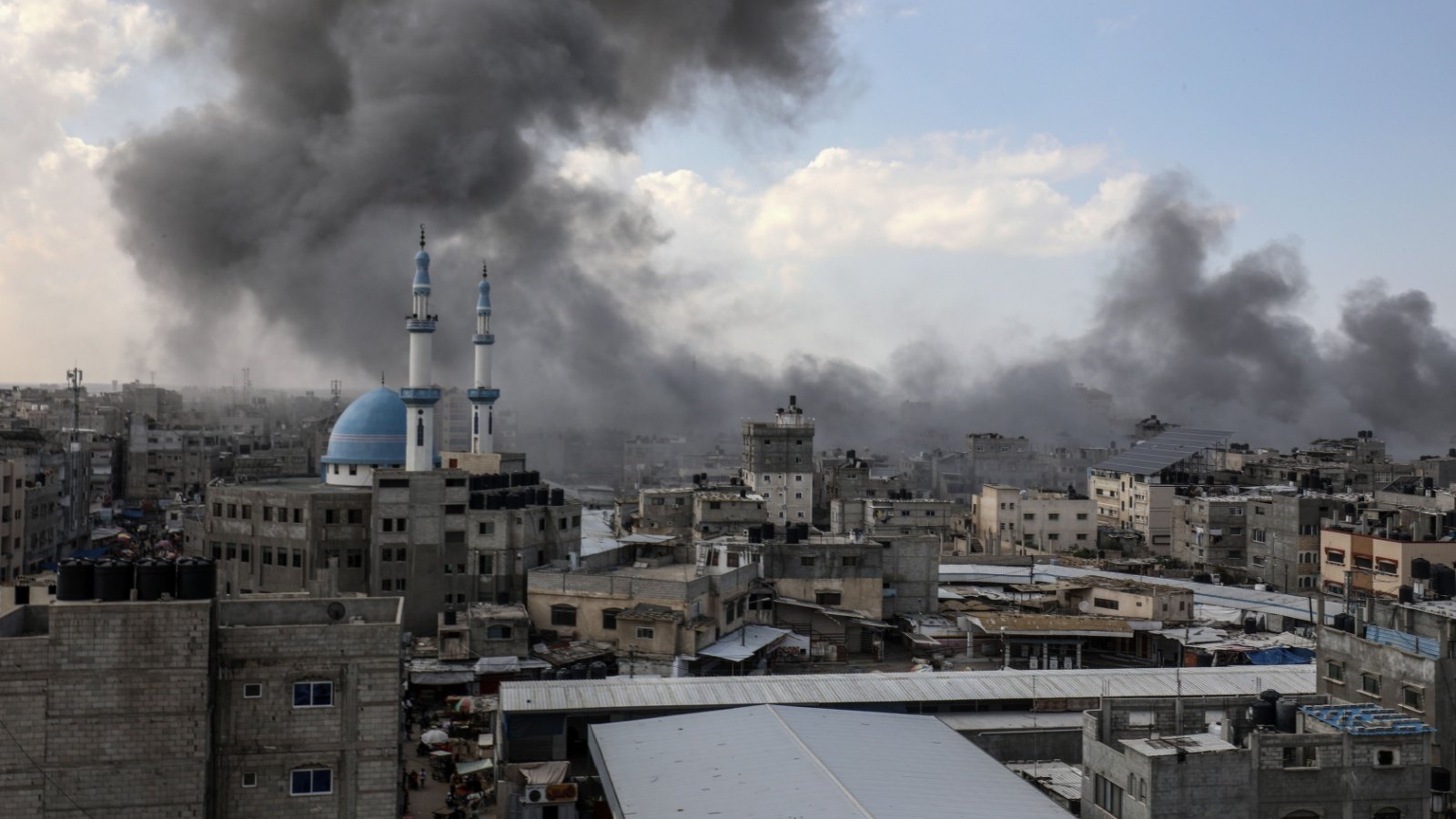
Lt. Gen. Herzi Halevi revealed preliminary findings from an investigation into the unfortunate incident. Admitting a mistake due to misidentification under the cover of night, he committed to a comprehensive review, promising a detailed investigation into the matter.
Prime Minister’s Pledge
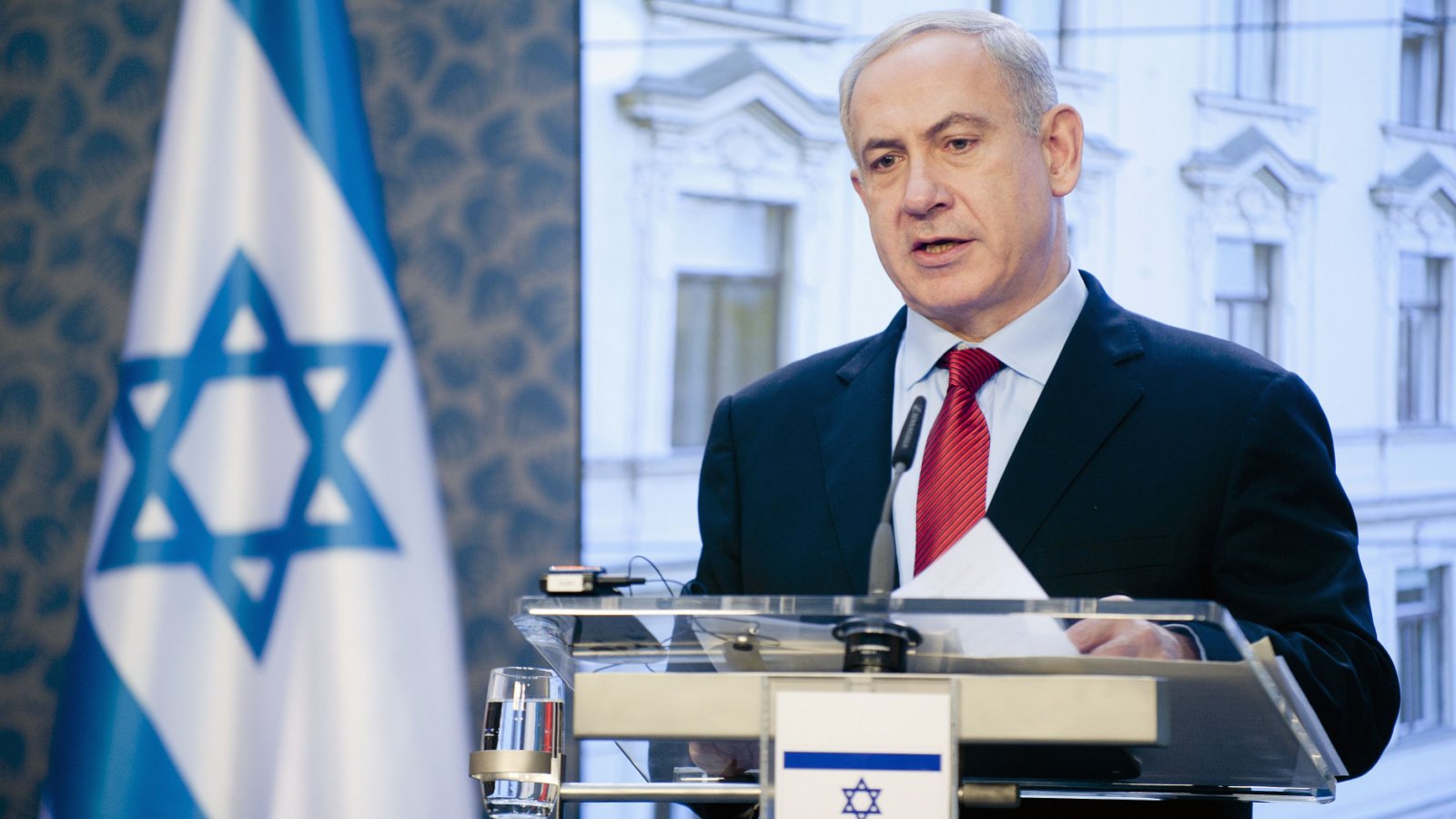
Israeli Prime Minister Benjamin Netanyahu has openly admitted to the accidental bombing that claimed innocent lives, promising measures to prevent a recurrence. This admission follows a tragic event that saw humanitarian efforts come under fire, sparking a wave of international concern.
Coordinated Movements
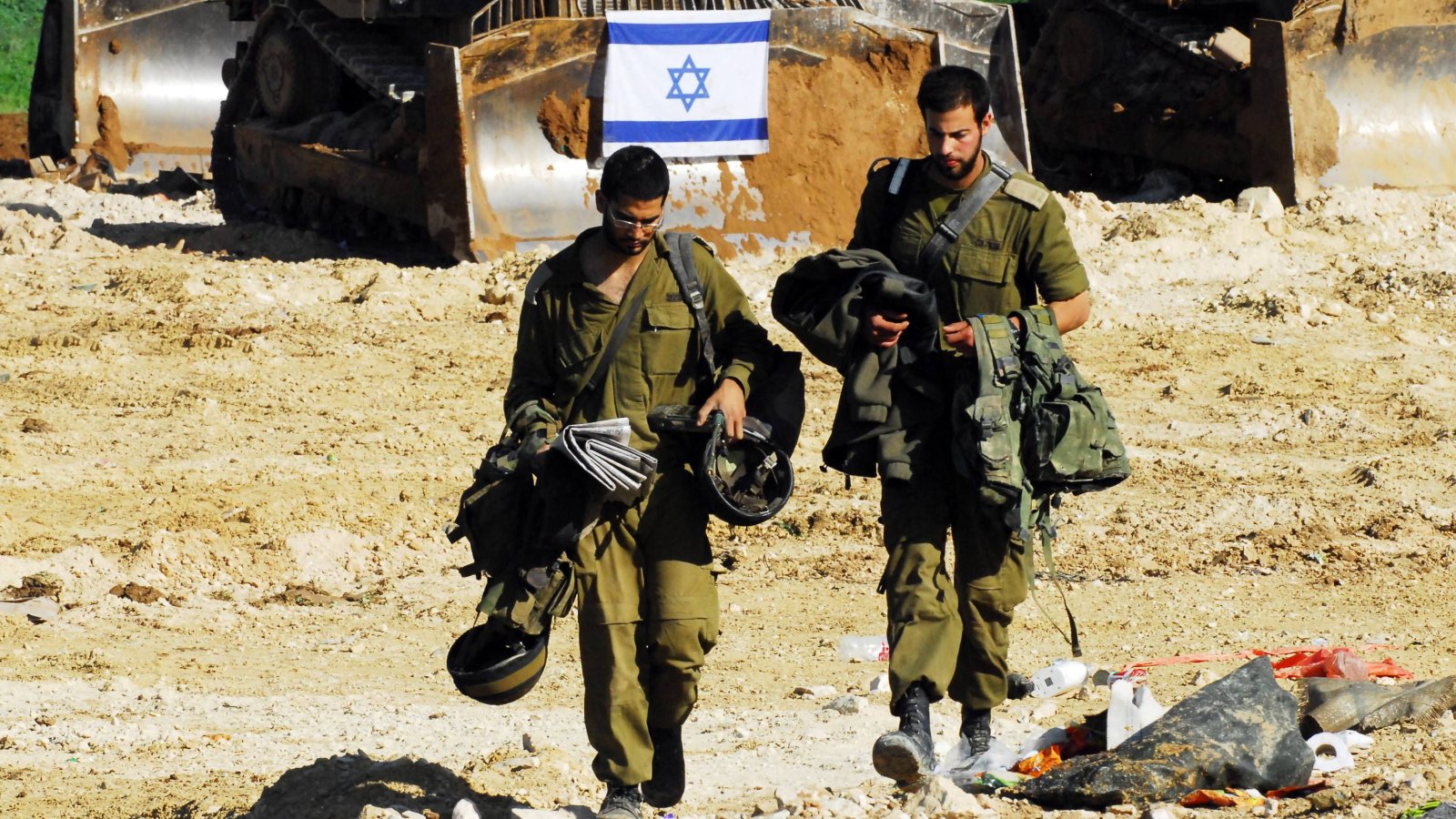
World Central Kitchen, in efforts to avoid such calamities, had previously arranged its movements with the Israeli military. Despite this, three of their vehicles, distinctly marked and separated, were targeted and destroyed, casting a shadow over the safety measures in place.
Tragic Outcome

The aftermath of the strikes was grim, with vehicles not just hit but obliterated, underlining the intensity of the attack. Among the heartbreaking visuals were the casualties, identifiable by their affiliation with the charity, showcasing the human cost of the conflict.
Investigation Underway

Early insights into the military’s investigation reveal a scenario where the humanitarian convoy was monitored but still struck, leaving many questions unanswered. The logic behind the decision to attack, despite the evident non-combatant status of the vehicles, remains murky.
Israel’s Stance on Civilians
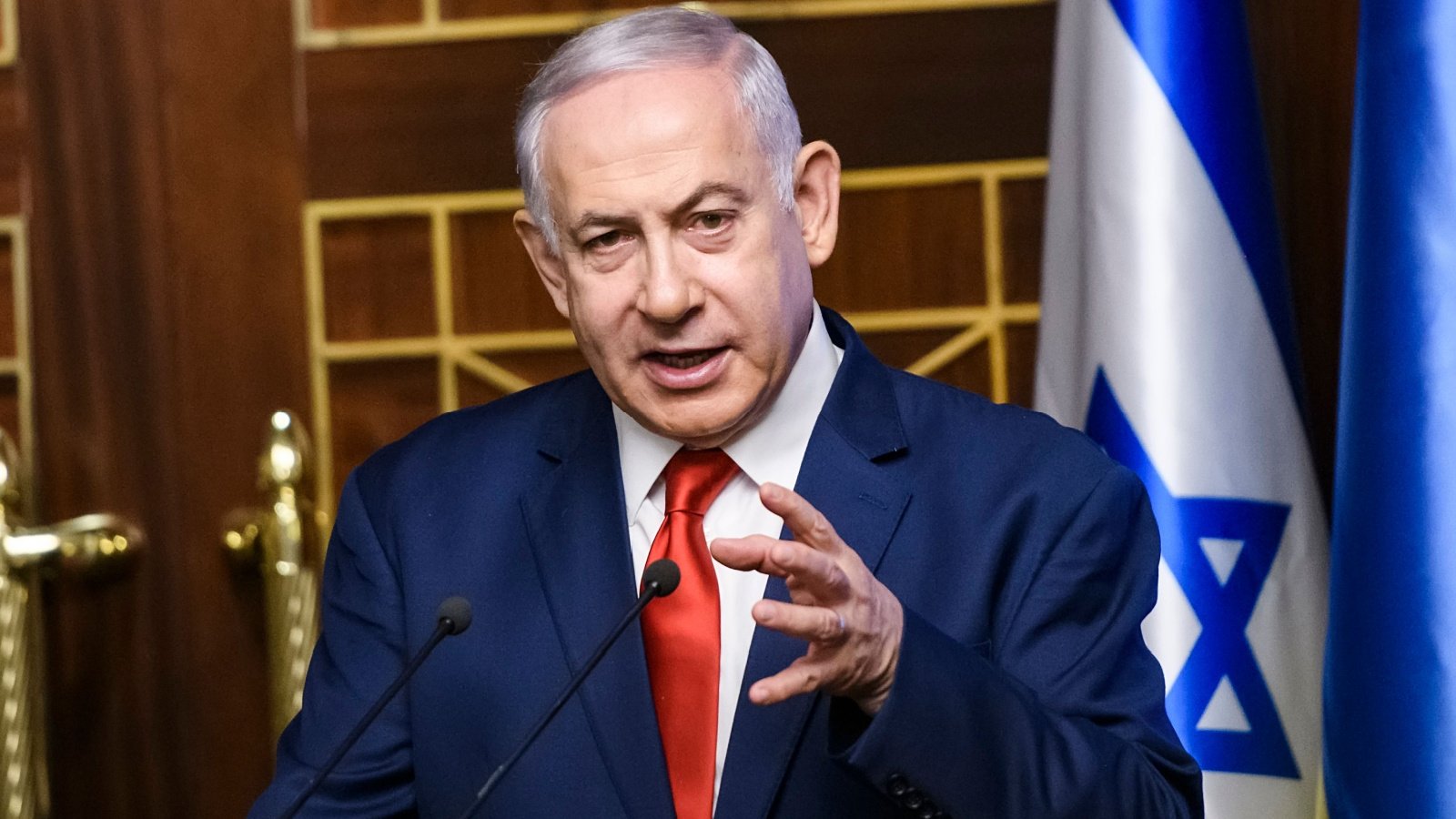
Israel maintains its intent to avoid civilian casualties, attributing the unfortunate loss of life to the militants’ tactics of blending in with the population. Yet, the country’s assertive military strategy has often resulted in the targeting of places offering aid and shelter, drawing sharp criticism.
No Limits in Warfare
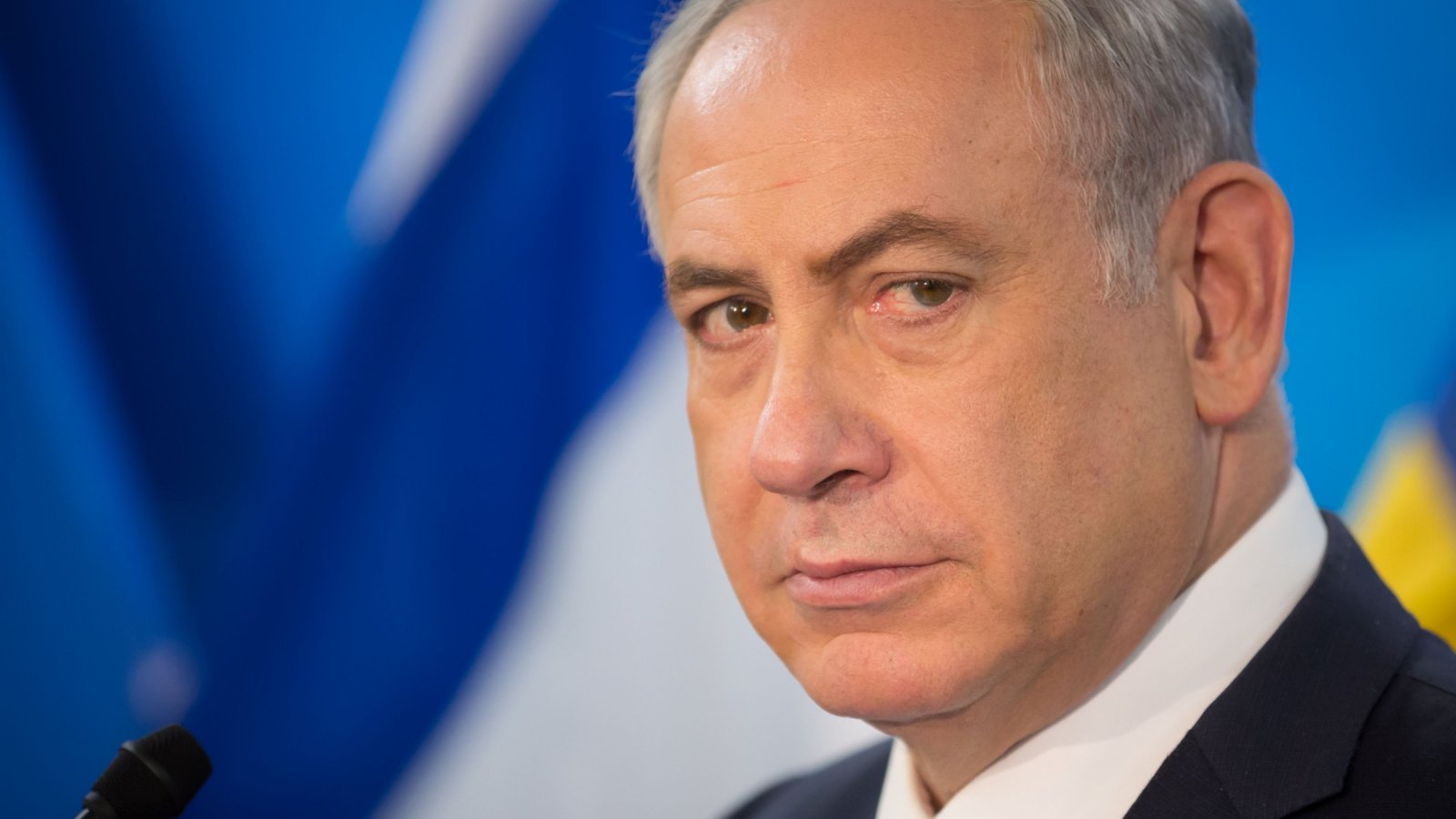
The Israeli military’s approach has shown no bounds, with attacks on ambulances, aid vehicles, and even family homes. This relentless pursuit has raised questions about the proportionality and discrimination of their military actions in the densely populated Gaza Strip.
The Human Toll
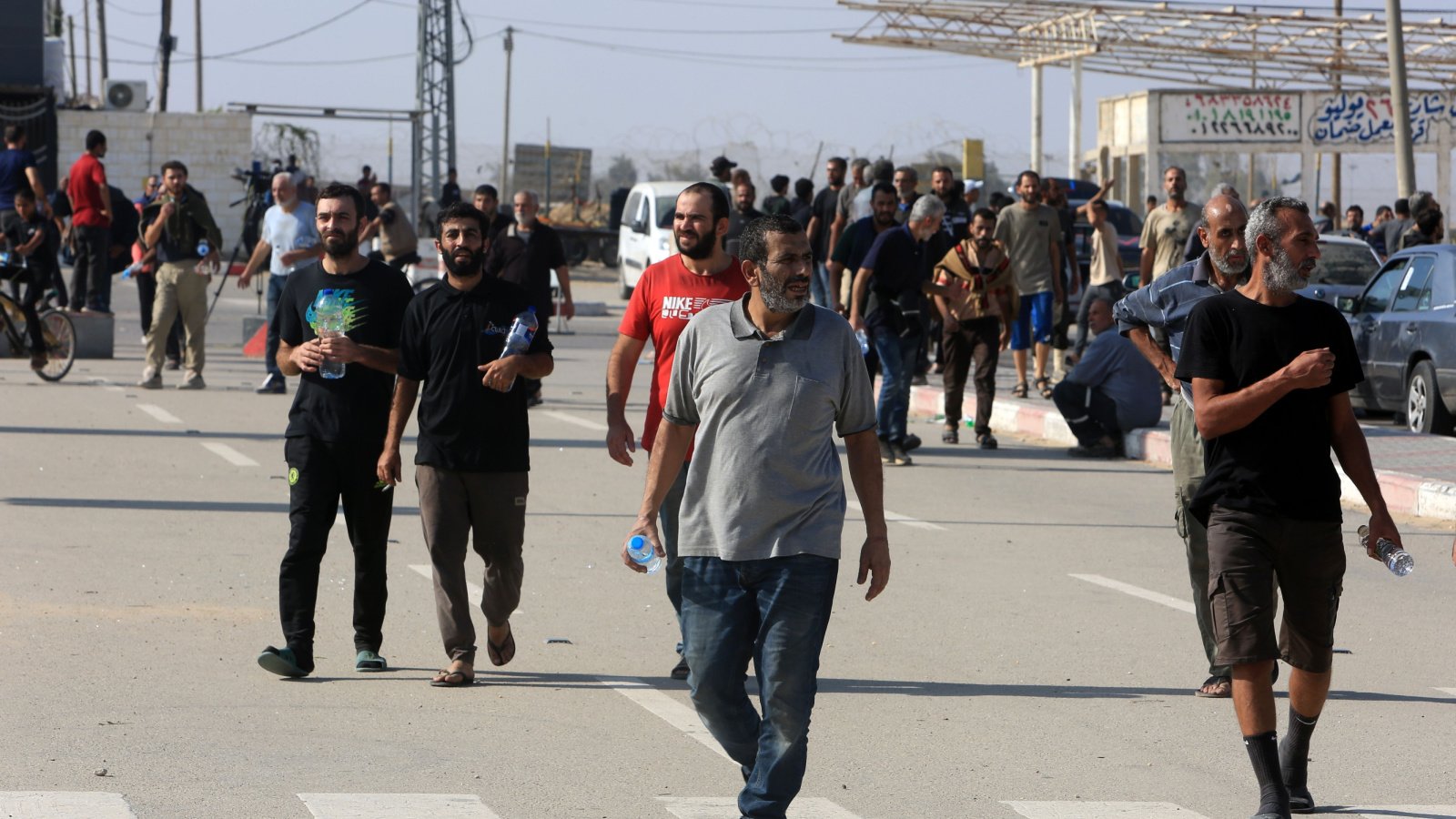
Gaza’s Health Ministry reports a staggering number of Palestinian casualties, highlighting the disproportionate impact on women and children. This figure, though not distinguishing between combatants and civilians, paints a stark picture of the war’s devastating effect on the population.
A Chef’s Mourning

Celebrity chef José Andrés, the driving force behind World Central Kitchen, expressed his sorrow over the loss of his team members. His grief underscores the broader human tragedy unfolding amid the ongoing conflict.
Global Outcry

Celebrity chef José Andrés took to X, expressing a poignant call for the Israeli government to cease its indiscriminate actions and ease restrictions on humanitarian aid. His words reflect a growing international demand for accountability and a halt to the harming of civilians and aid workers.
Allies Demand Answers
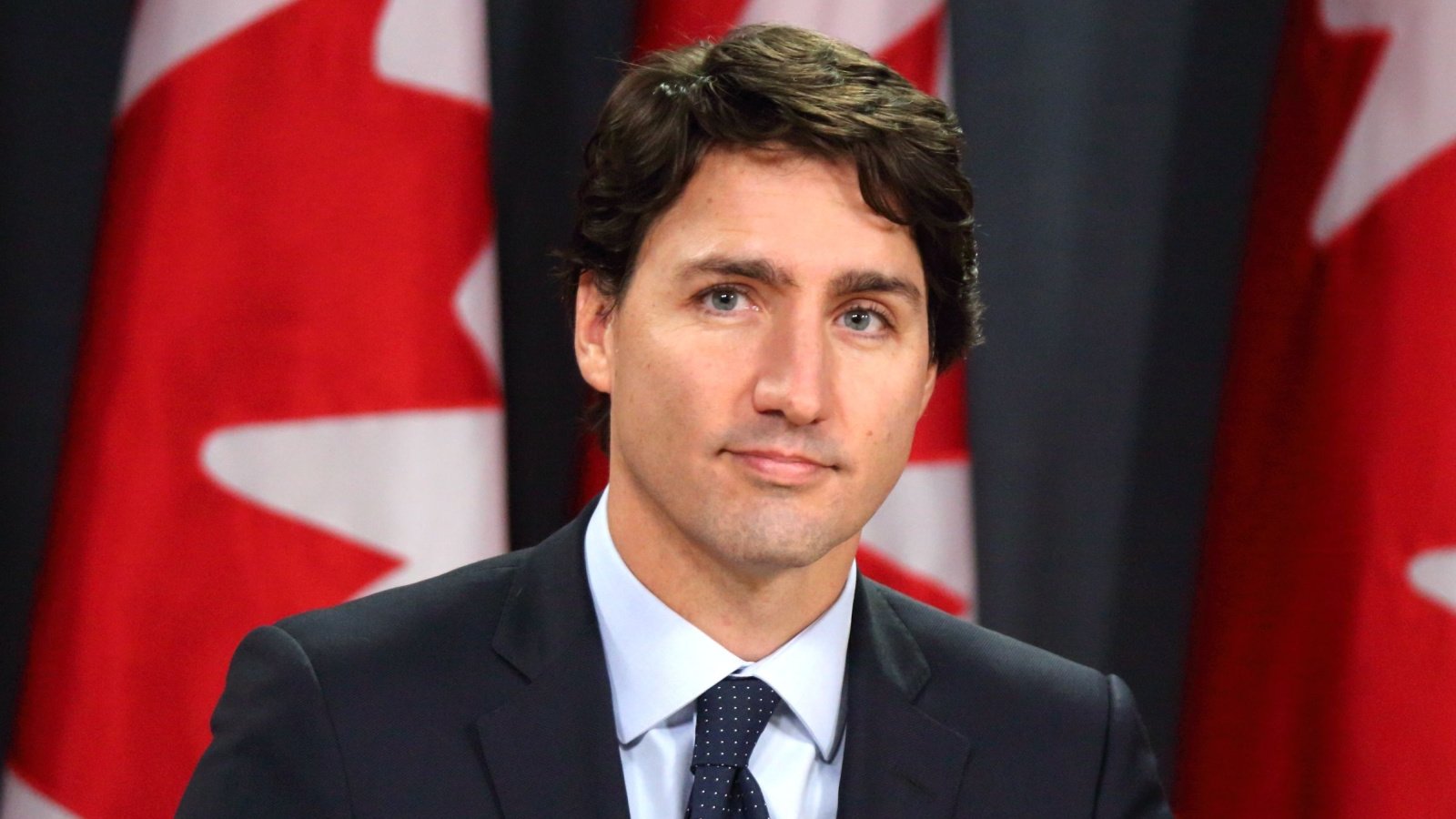
The outcry over the deaths has sparked a unified call from the U.S., Britain, Poland, Australia, and Canada for Israel to provide explanations. In response, Israeli Defense Minister Yoav Gallant initiated an investigation and established a coordination center between the military and humanitarian organizations, aiming to alleviate tensions and improve aid delivery.
Diplomatic Pressure Rises
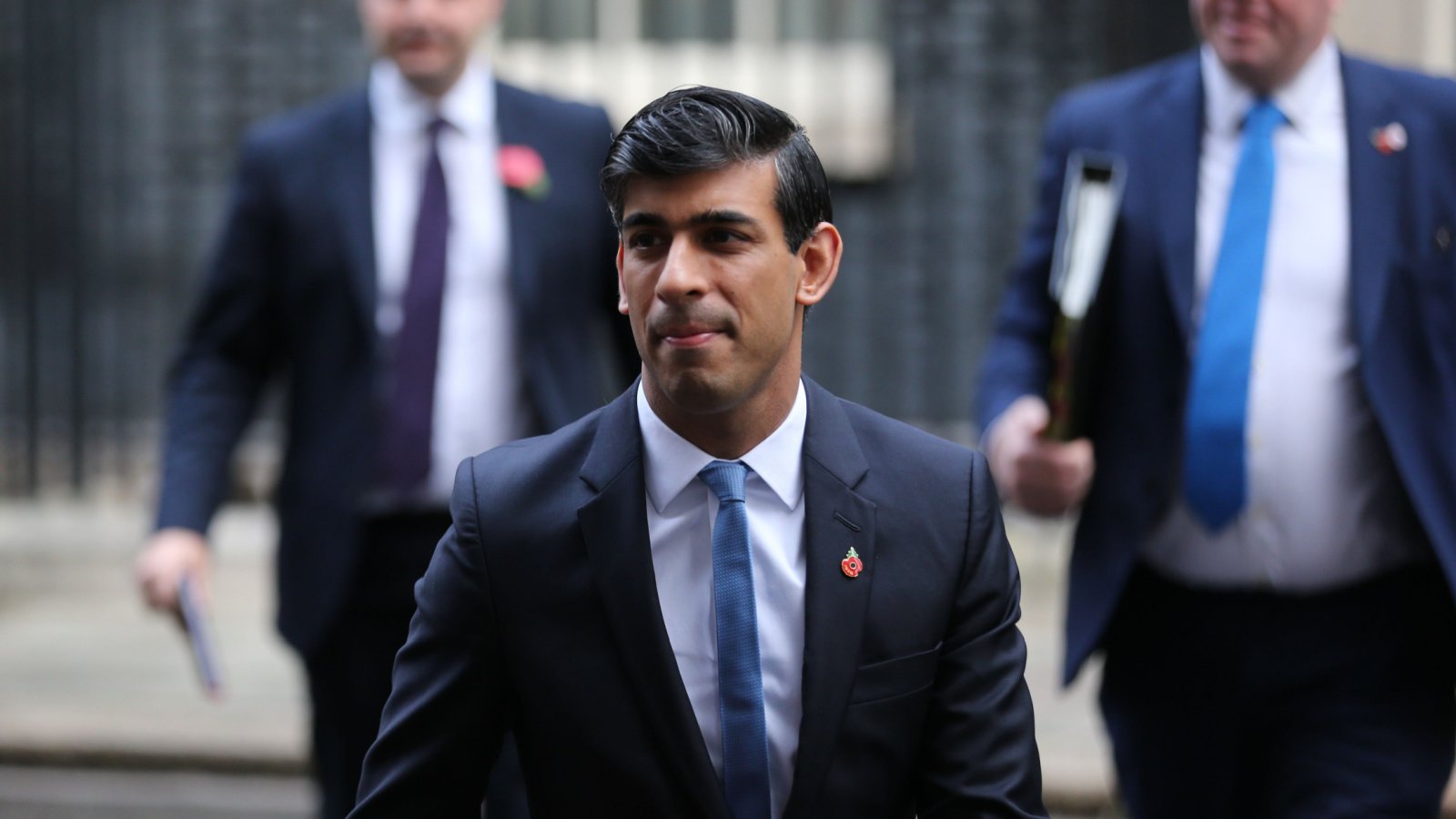
The incident has led to a significant diplomatic response, including the British government’s summoning of Israel’s ambassador for a stern discussion. Prime Minister Rishi Sunak’s conversation with Netanyahu highlighted the depth of concern, emphasizing the urgent need for a humanitarian pause in Gaza.
Canada’s Stand
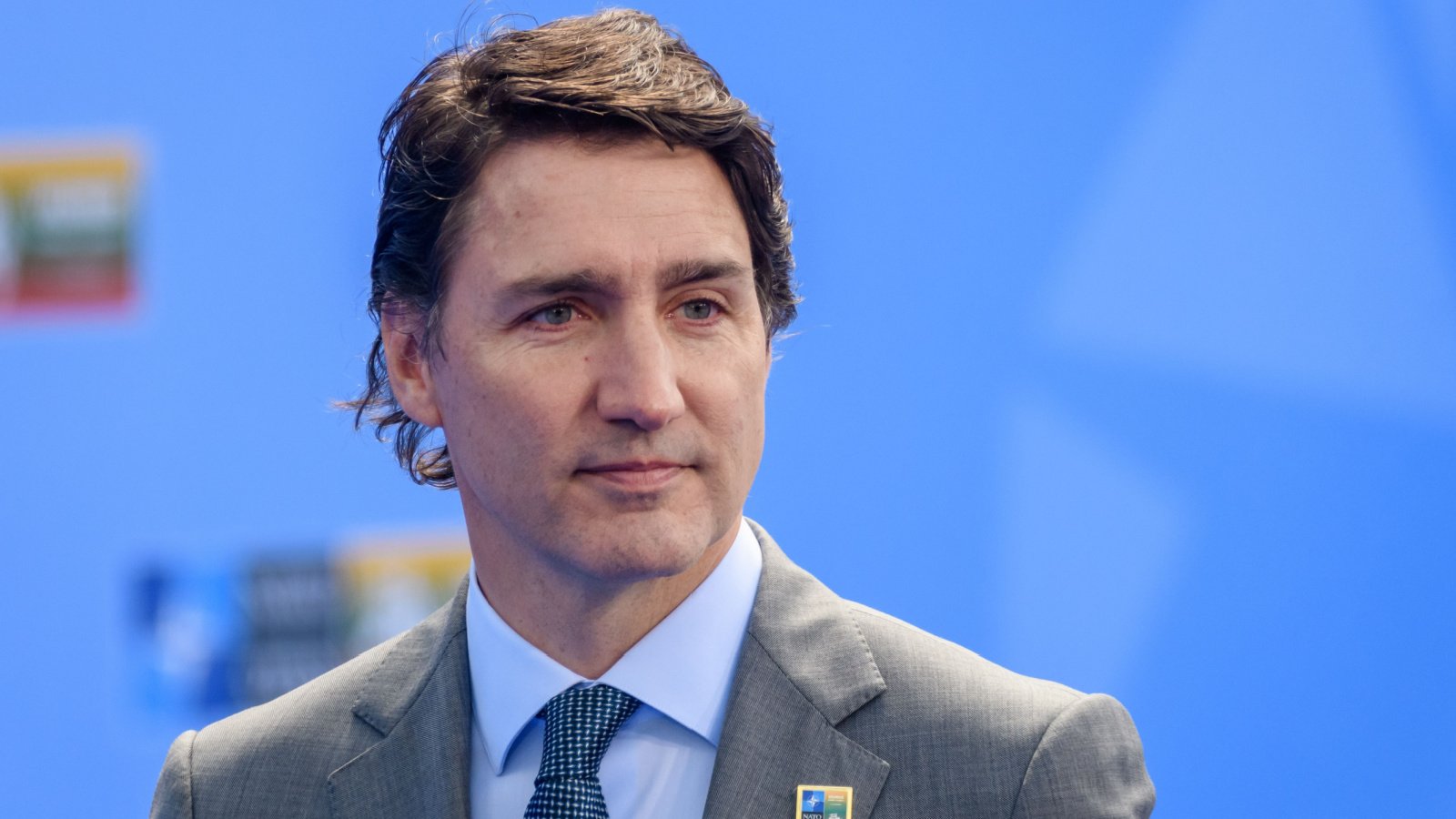
Canada, too, has voiced its firm stance through a joint diplomatic gesture and individual outreach to Israel, signaling a collective international displeasure and calling for immediate action to address the humanitarian crisis in Gaza.
Aid Operations in Jeopardy

The tragic events have cast a shadow over the efforts of U.N. agencies and other humanitarian groups striving to provide aid in Gaza, particularly in the northern regions where access has been severely restricted by Israel.
Sea Route Initiative

Despite the challenges on land, efforts to establish a maritime aid corridor from Cyprus had seen some progress, with World Central Kitchen playing a pivotal role. However, the recent airstrikes have caused a significant setback, forcing a reevaluation of aid delivery methods.
Suspension of Aid Deliveries

The impact of the airstrikes has led to a temporary halt in aid operations by several organizations, including Anera, which cited the escalating risks to their efforts in providing meals to those in need in Gaza.
U.N. Condemnation
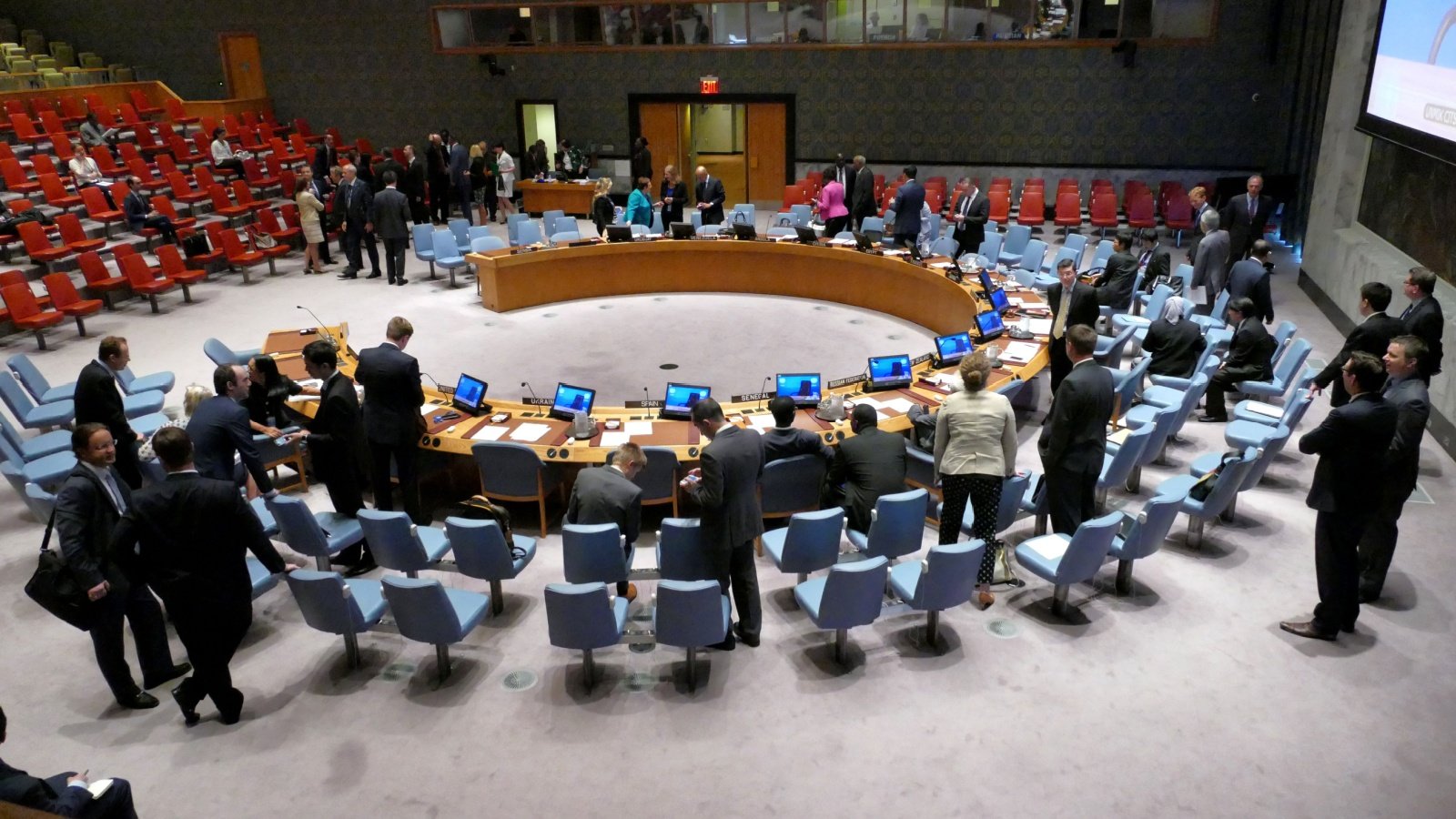
The United Nations has highlighted the grave toll the conflict has taken on humanitarian workers, with the recent strikes being part of a distressing pattern of violence affecting those trying to help.
War’s Heavy Toll
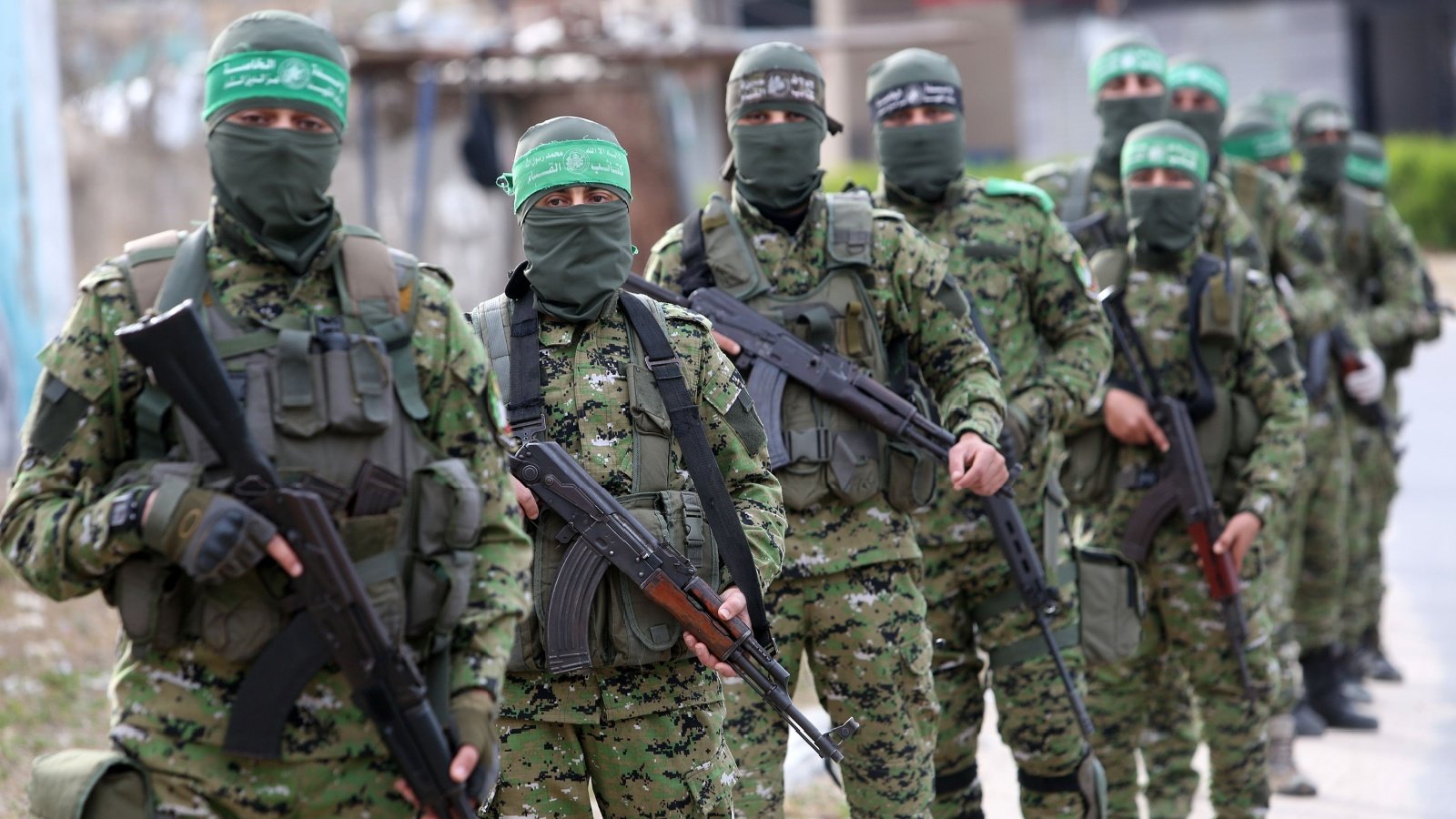
The conflict, triggered by a Hamas-led incursion, has led to a devastating response from Israel, with significant casualties on both sides and a dire humanitarian situation in Gaza, especially in Rafah where the civilian population is facing intense suffering.



